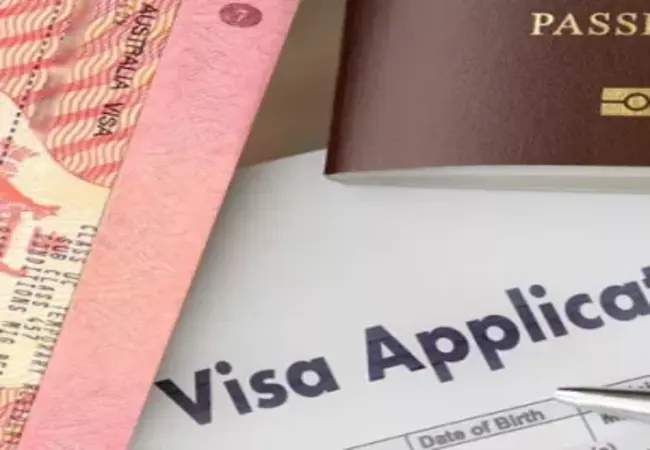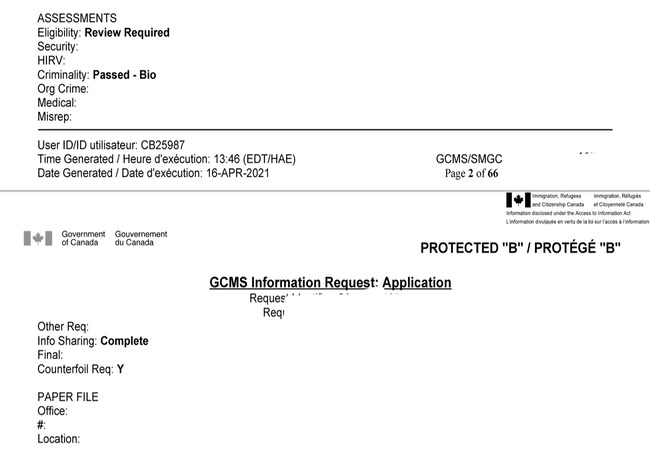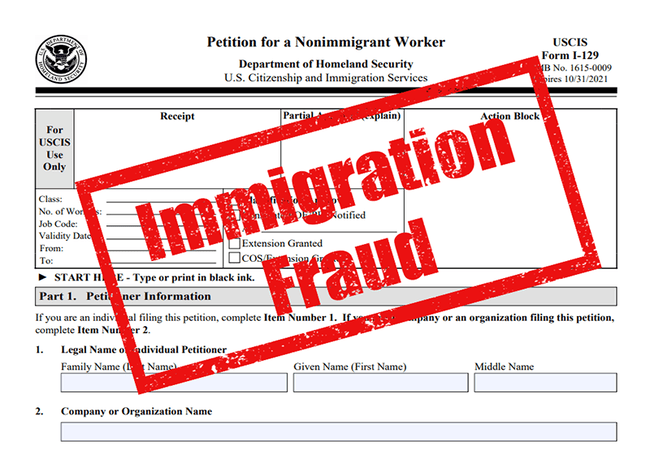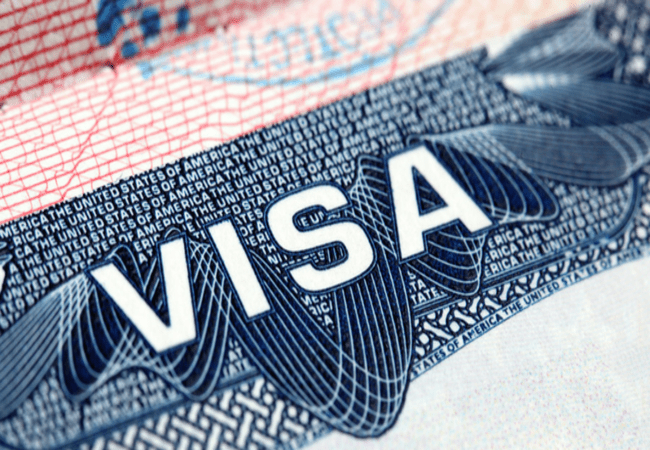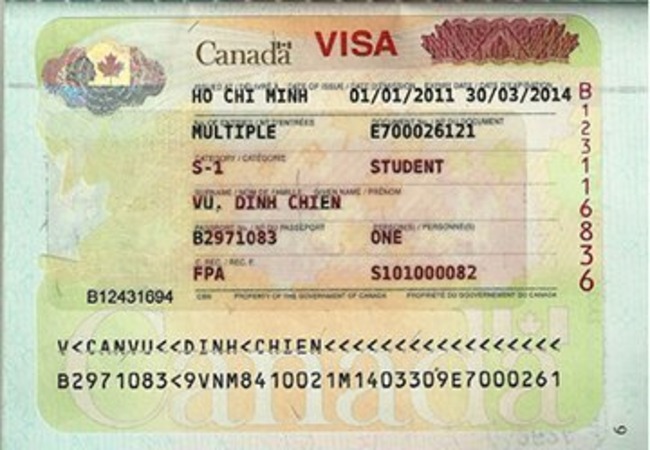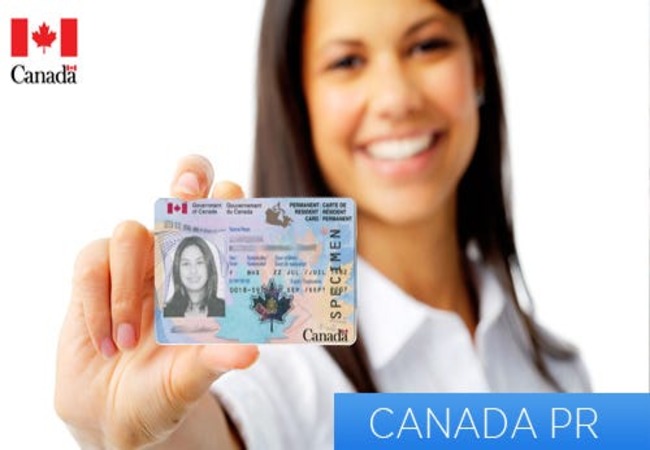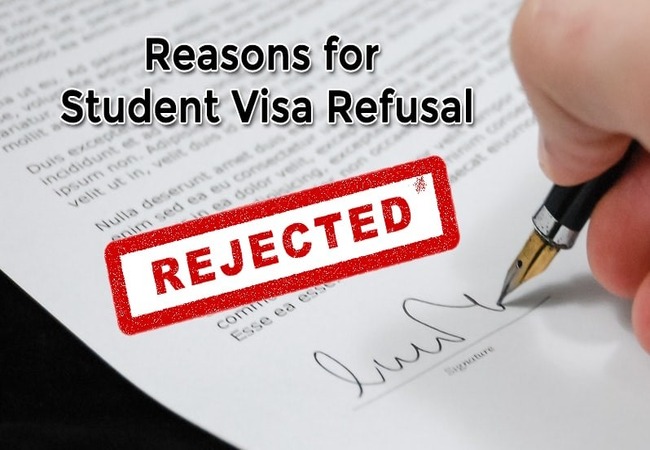How do I avoid a visa refusal? Common reasons and solutions: Applying for a visa can be a complex and daunting process, and in this blog post, we’ll explore some of the most frequent reasons why visa applications are refused, how to avoid a visa refusal and solutions to address and mitigate these concerns.
Unfortunately, visa refusal is not uncommon, and understanding the common reasons for refusal can help applicants avoid potential pitfalls and increase their chances of success.
What do I need to know about UK visa refusal?
When applying for a UK visa, there are several common reasons for refusal. These reasons may vary depending on individual circumstances, but some of the most frequent ones include:
Insufficient Supporting Documents: One of the primary reasons for UK visa refusal is a lack of adequate supporting documents. Applicants must provide evidence to support their application, including bank statements, travel itineraries, accommodation bookings, and sponsorship letters. Failure to submit all required documents or providing incomplete or inconsistent information can lead to visa refusal.
Tip: Carefully review the UK visa application requirements and ensure you provide all necessary documents in the prescribed format. Double-check the completeness and accuracy of your paperwork before submitting your application.
Financial Inadequacy: UK visa applicants must demonstrate that they have sufficient funds to cover their trip expenses, including accommodation, transportation, and living costs. Insufficient financial resources or irregularities in bank statements can raise doubts about the applicant’s ability to support themselves during their stay in the UK, resulting in visa refusal.
Tip: Provide clear and transparent evidence of your financial circumstances, including bank statements, pay slips, and sponsorship letters (if applicable). Ensure your bank statements cover the required period and show consistent income and expenditure patterns.
Google Reviews.
Check out our happy customers' positive reviews on Google and discover why they are so delighted with our service.









Purpose of Visit Not Clearly Defined: Consular officers assess the credibility of the applicant’s stated purpose of visit to the UK. If the purpose of the visit is not clearly defined or appears implausible, the visa application may be refused. Applicants must provide a detailed itinerary and explanation of their intended activities during their stay in the UK.
Tip: Clearly articulate the purpose of your visit in your visa application, providing specific details of your planned activities, events, or meetings. Ensure your itinerary is realistic and consistent with your intended travel plans.
Lack of Ties to Home Country: Consular officers assess whether visa applicants have strong ties to their home country, such as stable employment, property ownership, family commitments, or other significant connections. A lack of ties to the home country may raise concerns about the applicant’s intention to return after their visit, leading to visa refusal.
Tip: Provide evidence of your ties to your home country, including employment contracts, property deeds, family relationships, or other relevant documents. Clearly demonstrate your intention to return to your home country at the end of your visit to the UK. This will help to avoid a visa refusal.
Previous Immigration Violations or Travel History: Applicants with a history of immigration violations, overstaying visas, or irregular travel patterns may face visa refusal. Consular officers closely scrutinize applicants’ travel history and immigration records to assess their compliance with immigration laws and regulations.
Tip: Be transparent about your travel history and immigration record in your visa application. Provide explanations for any previous visa denials or overstays, along with supporting documentation to demonstrate your compliance with immigration requirements.
Unconvincing Travel Plans: Consular officers assess the credibility and feasibility of the applicant’s travel plans, including the duration and purpose of the visit, as well as the planned activities and accommodations. Vague or unconvincing travel plans can raise doubts about the applicant’s intentions, leading to visa refusal.
Tip: Provide a detailed and realistic travel itinerary, including information on accommodation bookings, transportation arrangements, and planned activities during your stay in the UK. Ensure your travel plans align with the purpose of your visit and demonstrate genuine intentions.
Incomplete or Inaccurate Application Form: Failure to complete the visa application form accurately and in its entirety can lead to visa refusal. Consular officers rely on the information provided in the application form to assess the applicant’s eligibility for a UK visa, and any discrepancies or omissions may result in refusal.
Tip: Take the time to carefully read and understand the UK visa application form instructions. Provide accurate and complete information in each section of the form, ensuring consistency with the supporting documents submitted. This is also a needed step to help you avoid a visa refusal.
Failure to Meet English Language Requirements (if applicable): For certain visa categories, such as the Standard Visitor Visa, applicants may be required to demonstrate English language proficiency. Failure to meet the language requirements specified by UKVI can result in visa refusal.
Tip: If you are required to demonstrate English language proficiency, ensure you meet the specified requirements and provide evidence of your language skills, such as language test certificates or qualifications.
What do I need to know about a Canada Visa Refusal?
Dreaming of visiting Canada is a common aspiration for many travelers worldwide. However, obtaining a Canadian visa is not always straightforward, and visa refusals can be disheartening. Understanding the common reasons for Canadian visa refusals is crucial for prospective travelers to mitigate the risk of rejection and increase their chances of a successful application. We have specially creatd this article “How do I avoid a UK visa refusal? Common reasons and solutions” because in this article, we’ll explore some of the typical reasons for Canadian visa refusals and provide tips on how to avoid them.
Incomplete or Inaccurate Documentation:
One of the most common reasons for Canadian visa refusals is incomplete or inaccurate documentation. Failing to provide all required documents or submitting incomplete forms can lead to the rejection of your visa application. To avoid this, carefully review the visa application requirements and ensure that you provide all necessary documentation accurately and completely.
Google Reviews.
Check out our happy customers' positive reviews on Google and discover why they are so delighted with our service.









Insufficient Financial Resources:
Canadian immigration authorities assess applicants’ financial resources to ensure they can support themselves during their stay in Canada. If the immigration officer determines that you do not have sufficient funds to cover your expenses, your visa application may be refused. To prevent this, provide clear and detailed evidence of your financial resources, including bank statements, employment documents, and sponsorship letters if applicable.
Lack of Travel History:
A lack of previous travel history or insufficient evidence of international travel experience may raise concerns for Canadian immigration officers. They may view applicants with limited travel history as higher risk and may refuse their visa applications as a result. If you have limited travel experience, consider providing additional documentation, such as travel itineraries, hotel bookings, and evidence of previous trips, to demonstrate your intent to comply with visa regulations.
Inconsistent or Dubious Travel Plans:
Inconsistencies or discrepancies in your travel plans or intentions can raise red flags for Canadian immigration authorities. They may refuse your visa application if they suspect that your travel plans are not genuine or if they find inconsistencies in the information provided. To avoid this, ensure that your travel plans are well-defined, realistic, and supported by appropriate documentation.
Criminal Record or Security Concerns:
Canadian immigration authorities conduct background checks on visa applicants to assess security risks. If you have a criminal record or if there are security concerns associated with your application, your visa may be refused. To address this issue, be transparent about any criminal history and provide relevant documentation, such as police clearance certificates, to demonstrate that you pose no security threat.
How to avoid a canada visa refusal:
Obtaining a Canadian study visa is an exciting opportunity, but it requires thorough preparation and attention to detail. To enhance your chances of approval, let’s delve deeper into the key aspects of developing a strong application:
- Financial Documentation:
Comprehensive Financial Proof: Gather detailed evidence of your financial capacity. This includes bank statements, scholarship letters, sponsorships, or any other sources of funding.
- Tuition and Living Expenses: Clearly demonstrate that you can cover tuition fees, living expenses, and other costs associated with studying in Canada.
- Consistency: Ensure that your financial documents align with the information provided in your application form.
- Complete and Accurate Application:
- Attention to Detail: Review the visa application checklist meticulously. Fill out the application form accurately and completely.
- Supporting Documents: Include all required documents, such as your acceptance letter from a Canadian educational institution, passport, and photographs.
- Transparency: Be honest and transparent throughout the process. Any discrepancies may lead to refusal.
- Statement of Purpose (SOP):
- Compelling SOP: Write a strong statement of purpose. Explain why you want to study in Canada, your academic goals, and how the experience aligns with your career aspirations.
- Genuine Intent: Convey your genuine intent to study and return to your home country after completing your studies.
- Health and Security Requirements:
- Medical Examination: Undergo any necessary medical examinations promptly.
- Criminal Record Check: Ensure you meet health and security requirements. A criminal record or security concerns can lead to refusal.
- Ties to Your Home Country:
- Strong Ties: Demonstrate your ties to your home country. Immigration officers want assurance that you’ll return after your studies.
- Family, Property, and Career: Highlight family connections, property ownership, or career prospects back home.
- Professional Guidance:
- Consult an Immigration Consultant: Seek advice from a qualified immigration consultant or lawyer. They can guide you through the process and help you avoid common pitfalls.
- Application Timing: Apply well in advance to allow for any unforeseen delays.
Remember, a well-prepared application increases your chances of success. All of these steps have provided a comprehensive analysis on how to avoid a visa refusal.
Chat with us now for more inquiries. Click here to apply for visa, and if you are applying, click here.
Get Started With Flydestinations.
Fill the form below to Book a Consultation session with us.


